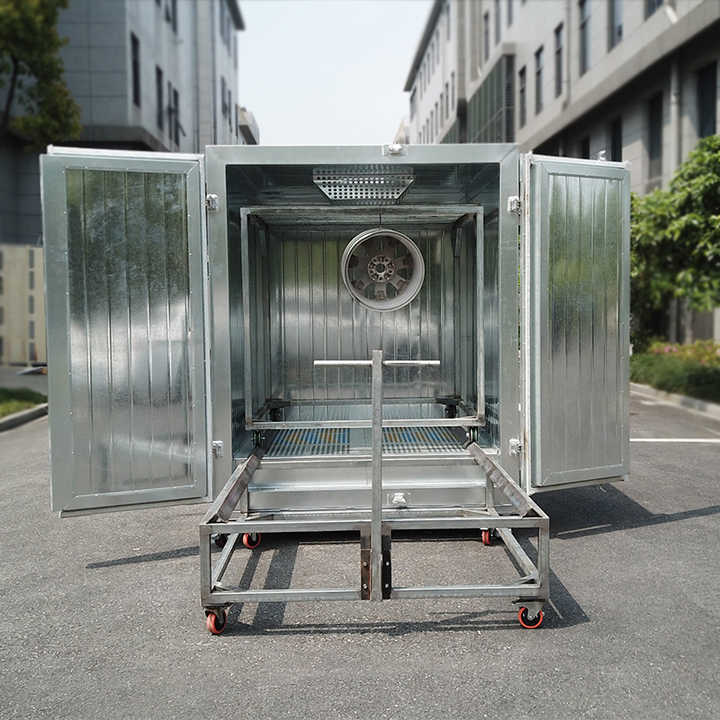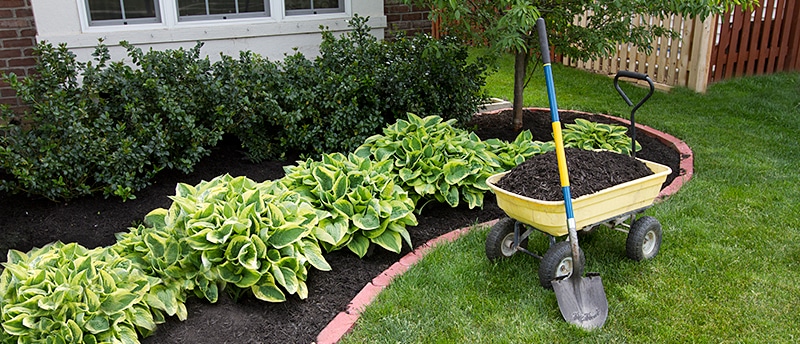
Guard Your Outdoor Space: Effective Pest Prevention Strategies

Guard Your Outdoor Space: Effective Pest Prevention Strategies
Pests can quickly turn your outdoor haven into a battleground, but with proactive measures, you can reclaim your space. Explore effective outdoor pest prevention strategies to keep your surroundings enjoyable and pest-free.
Understanding the Pest Threat
Before implementing preventive measures, it’s crucial to understand the potential threats. Identify common pests in your region, as well as the conditions that attract them. This knowledge forms the basis for a targeted and effective pest prevention plan.
Maintaining a Tidy Outdoor Environment
Pests thrive in clutter and debris, making regular cleanup a fundamental preventive measure. Keep your outdoor space tidy by removing fallen leaves, trimming overgrown vegetation, and eliminating standing water. This denies pests their preferred hiding spots and breeding grounds.
Strategic Landscaping for Pest Control
Strategic landscaping can act as a natural barrier against pests. Choose plants that repel insects, and position them strategically around your outdoor area. Additionally, maintain a buffer zone between vegetation and your home to reduce the risk of pests finding their way indoors.
Proper Waste Management
Effective waste management is essential for pest prevention. Ensure that garbage bins have secure lids and are emptied regularly. Compost bins should be sealed properly to avoid attracting pests. By managing waste appropriately, you remove a potential food source for unwanted visitors.
Investing in Natural Pest Repellents
Explore natural pest repellents that are safe for the environment and your family. Planting herbs like basil and mint can deter certain insects, and essential oils such as citronella can be used in outdoor candles to ward off mosquitoes. These natural remedies provide an eco-friendly approach to pest prevention.
Regular Inspections and Early Detection
Regular inspections of your outdoor space are crucial for early pest detection. Keep an eye out for signs of infestations, such as chewed leaves or pest droppings. Early detection allows for prompt action, preventing the escalation of pest problems.
Installing Protective Barriers
Create physical barriers to prevent pests from entering specific areas. Use screens on windows and doors to keep insects out of your home. For larger outdoor spaces, consider installing fencing or netting to protect gardens and seating areas.
Applying Eco-Friendly Pest Control Methods
If preventive measures aren’t sufficient, opt for eco-friendly pest control methods. Natural predators, like ladybugs for aphid control, can be introduced. Alternatively, use organic insecticides that target specific pests without harming beneficial insects.
Maintaining Proper Watering Practices
Watering your outdoor space is necessary for plant health, but it’s important to do so strategically. Avoid overwatering, as damp conditions attract pests. Water in the morning to allow the soil to dry during the day, reducing the risk of fungal growth and pest infestations.
Seeking Professional Assistance
In challenging situations, seeking professional pest control assistance is a prudent choice. Pest control experts can assess the severity of the issue and implement targeted solutions. They may use environmentally friendly methods to eliminate pests while minimizing harm to beneficial organisms.
As you fortify your outdoor space against pests, consider the benefits

:max_bytes(150000):strip_icc()/27372_LBurton_101822_05-4648d290e31e4097823387ecebc4f280.jpg)




